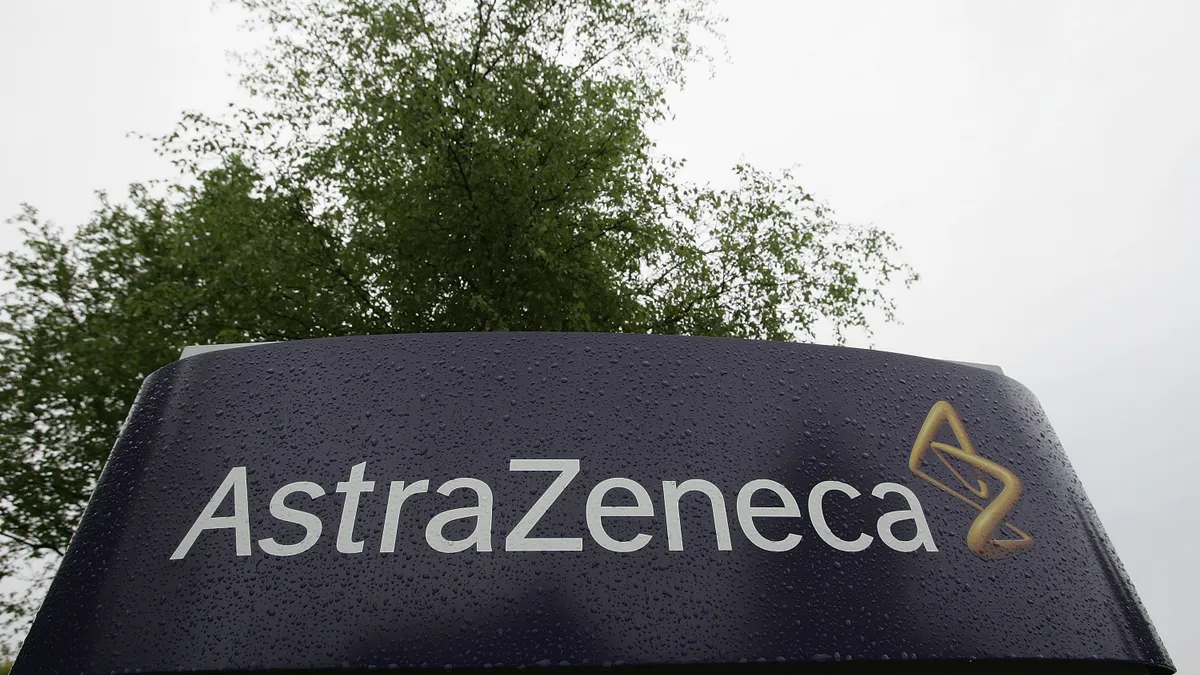Dive Brief:
- A district court dismissed the case of a former AstraZeneca Pharmaceuticals LP employee (Friend vs. AstraZeneca Pharmaceuticals LP) who alleged he experienced religious and disability discrimination after being fired for refusing to get a COVID-19 vaccine.
- When AstraZeneca put a vaccine mandate in place in August 2021, the company offered workers exemptions for medical, religious or “other” reasons but, starting in 2022, the company required workers to supply written proof of vaccination or a medical or religious exemption, court documents show. The employee, who was senior facilities engineer of operations, first requested an accommodation for “other” reasons, then for religious reasons after the new requirements were put in place. The U.S. District Court for the District of Maryland, where the case was filed, dismissed the case Thursday because it said the worker did not show proof of a disability or of religious beliefs at odds with vaccination.
- “Plaintiff’s form makes no reference to any religious belief or basis for his exemption request. Rather, it cites his views on the effectiveness of the vaccine and the current status of its FDA approval. … Ultimately, because Plaintiff’s form failed to document or to inform AstraZeneca about any religious beliefs, AstraZeneca cannot have failed to accommodate them,” the court ruled.
Dive Insight:
The Americans with Disabilities Act protects workers who have “a physical or mental impairment that substantially limits a major life activity” from discrimination in hiring, firing, job assignments and other activities related to employment, the U.S. Equal Employment Opportunity Commission says.
The court said the former AstraZeneca worker was not covered by the ADA because he “has not alleged facts showing he was regarded as having any physical or mental impairment that substantially limits a major life activity.” The worker alleged in his complaint that AstraZeneca “regarded him as disabled because he had the medical status of being unvaccinated.”
The court said: “Plaintiff suggests that society has imposed limitations on the major life activities of unvaccinated individuals by prohibiting them from entering certain facilities and participating in social events. But any such limitations are caused by societal rules, not by the vaccination status of those subject to those rules. Vaccination status itself poses no hindrance to the performance of any tasks,” the court ruled.
In cases where workers have a disability, employers are expected to make reasonable accommodations. In March, for example, EEOC sued Otis Elevator Co. for failing to provide a reasonable accommodation to a worker whose “heightened sensitivity to loud ambient or vocal noises” affected “his ability to think and concentrate” while on construction sites because of his autism spectrum disorder and attention deficit/hyperactivity disorder. Instead, EEOC alleged, Otis Elevator retaliated against the employee by keeping him on unpaid leave.














